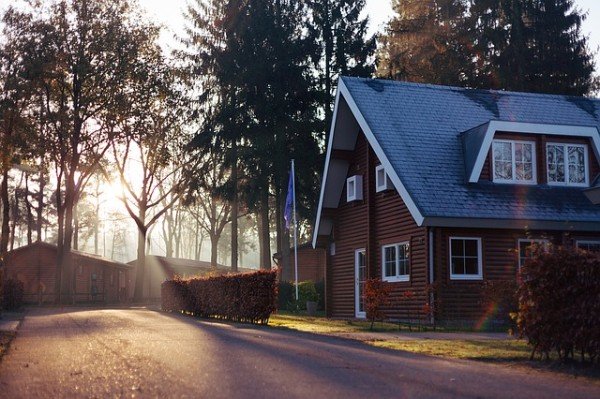

Updated on July 4, 2021
One of the factors for obtaining a prescriptive easement or adverse possession is that the use of land must be “adverse” to the true property owner.
The term “adverse use” “means only that the owner has not expressly consented to the use by lease or license….” (Felgenhauer v. Soni (2004) 121 Cal.App.4th 445, 450, 17 Cal.Rptr.3d 135 (Felgenhauer).)
The 2006 case of Aaron v. Dunham, 137 Cal.App.4th 1244, provides insight on what the adverse term means. It provides as follows:
“Adverse use” means only that the claimant’s use of the property was made without the explicit or implicit permission of the landowner. As explained in Felgenhauer: “Claim of right does not require a belief or claim that the use is legally justified. It simply means that the property was used without permission of the owner of the land. As the American Law of Property states in the context of adverse possession: ‘In most of the cases asserting [the requirement of a claim of right], it means no more than that possession must be hostile, which in turn means only that the owner has not expressly consented to it by lease or license or has not been led into acquiescing in it by the denial of adverse claim on the part of the possessor.’ (3 Casner, American Law of Property (1952) Title by Adverse Possession, § 5.4, p. 776.)” (Felgenhauer, supra, 121 Cal.App.4th at p. 450, 17 Cal.Rptr.3d 135; see also Warsaw v. Chicago Metallic Ceilings, Inc., supra, 35 Cal.3d at pp. 571–572, 199 Cal.Rptr. 773, 676 P.2d 584 [“continuous use of an easement over a long period of time without the landowner’s interference is presumptive evidence of its existence and in the absence of evidence of [express] permissive use it will be sufficient to sustain a judgment”].)”
Ultimately, the question of whether the person claiming an interest in another person’s land through a prescriptive easement or adverse possession is actually “adverse” is a question of fact left for the trier to fact to decide. The real estate attorneys at Schorr Law have significant experience with cases involving adverse use through either adverse possession or prescriptive easement claims.
Are you looking for a property easement attorney Los Angeles? Schorr Law is a Professional Corporation of real estate attorneys in Los Angeles, California. Call 310-954-1877 to schedule a consult. For help with your matter, contact us today for a consultation.
By Zachary Schorr, esq.